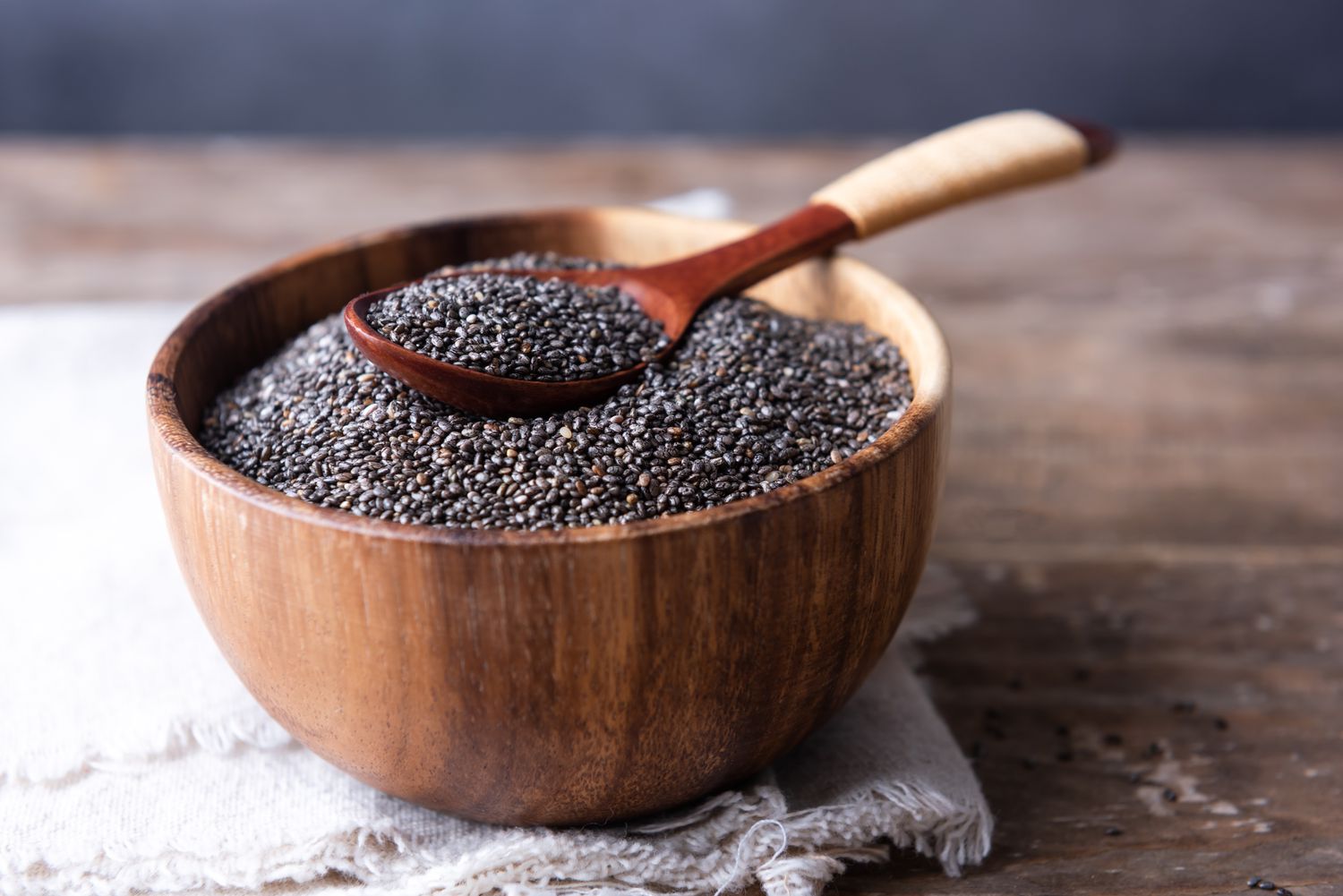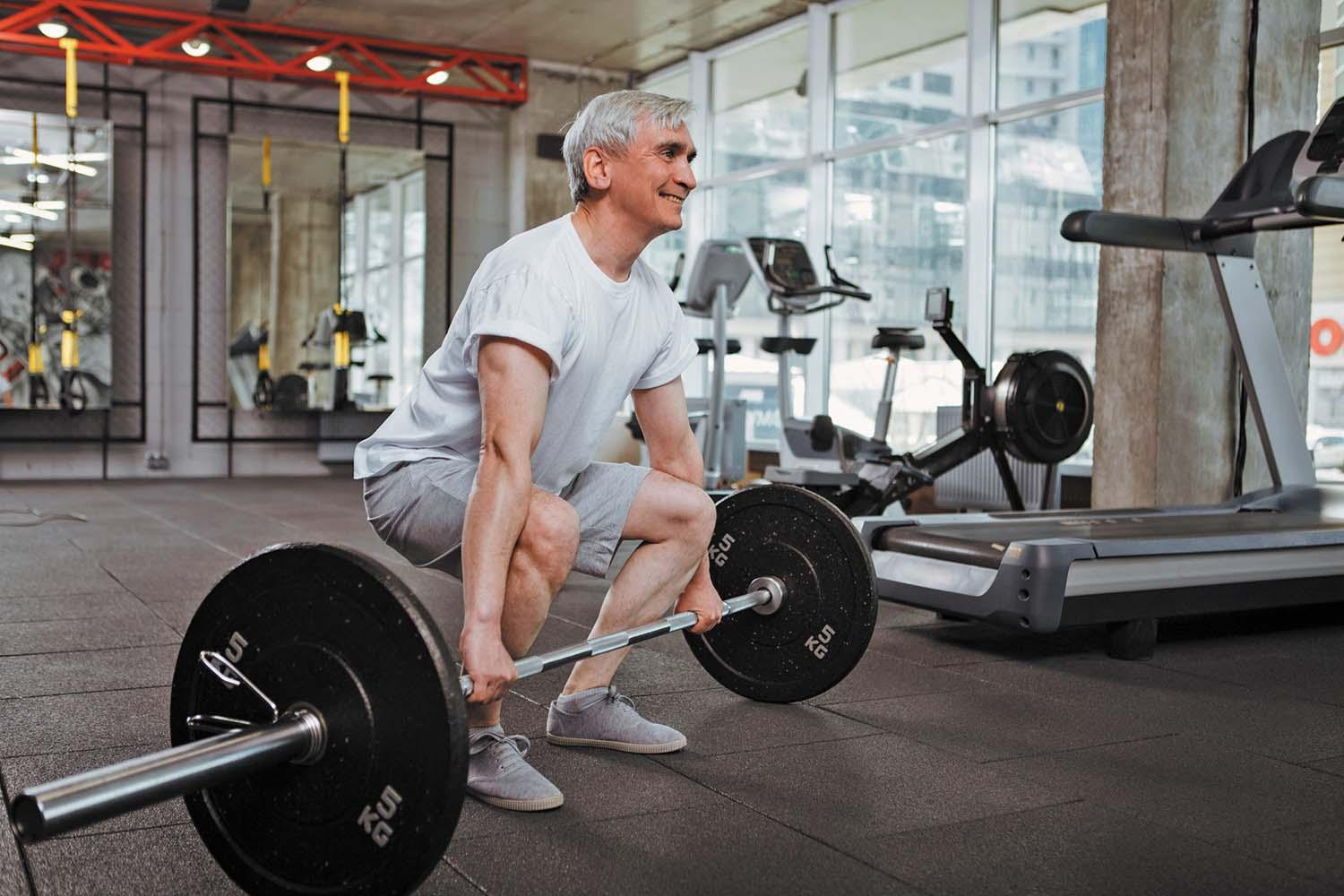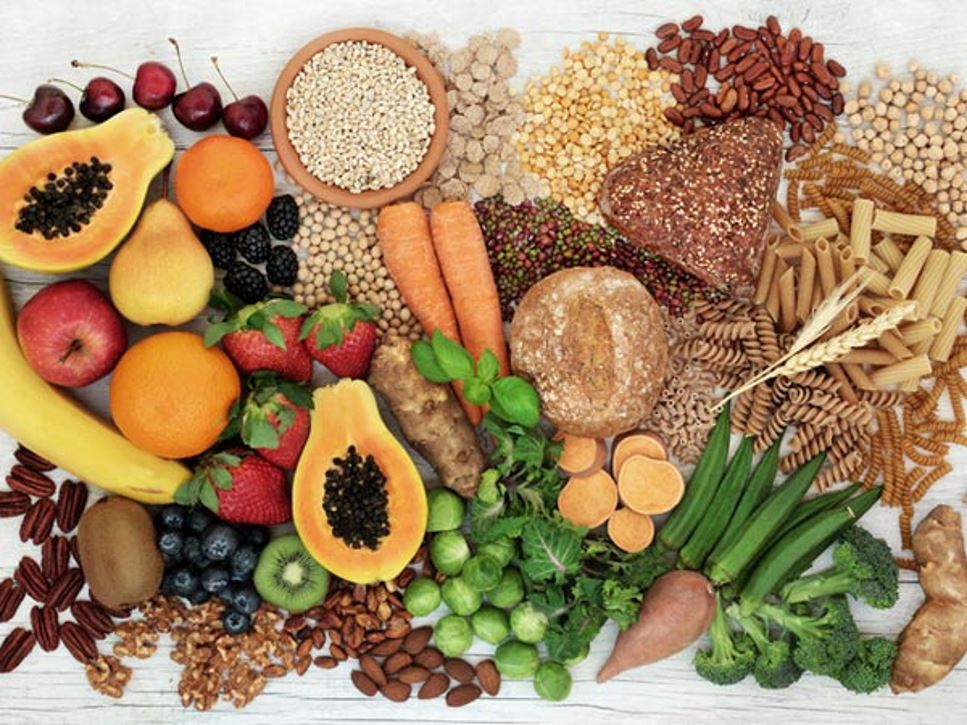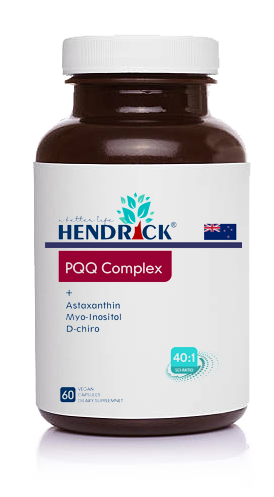What Happens to Your Blood Pressure When You Eat Chia Seeds Regularly

Chia seeds might not be the first food you think of for heart health, but new research suggests they could help lower blood pressure, cholesterol, and triglyceride levels. 1
What the Research Says
The study, published by Elsevier in the journal Prostaglandins & Other Lipid Mediators, adds to a growing body of evidence on the potential health benefits of chia seeds.
“Chia seeds are nutrient-dense powerhouses, rich in protein, fiber, antioxidants, and phenolic compounds,” Stephani Johnson, DCN RD, an adjunct professor of clinical and preventive nutrition sciences at Rutgers University School of Health Professions, told Verywell.
Keep in mind that systematic reviews and meta-analyses show patterns, not proof of cause and effect.
Results across studies have been mixed. The research varied in terms of who participated, how much chia was used, and how long people took it.
Based on current research, nobody can say for sure that chia seeds have a substantial impact on your heart. However, there are some theories.
How Chia Seeds May Support Heart Health
1. They're High in Fiber
Chia seeds are packed with fiber, which may help lower cholesterol.
“When chia seeds are mixed with water, they form a gel-like substance known as mucilage, which can aid in the elimination of cholesterol through the digestive tract,” Johnson explained.
2. They're Rich in Omega 3s and Antioxidants
“Chia seeds are a source of omega-3 fatty acids, which have been linked to increased levels of high-density lipoprotein [HDL] cholesterol—the ‘good’ cholesterol known for its protective effect against heart disease," Johnson said.
Chia seeds also contain antioxidants that may help prevent LDL cholesterol from oxidizing, which is important for heart health, she added.
Oxidized LDL is a key contributor to plaque formation in the arteries, which increases the risk of coronary heart disease.
3. They May Help Lower Inflammation
“They provide alpha-linolenic acid [ALA], which is the plant source of omega-3, which has also been shown to lower inflammation in the blood vessels and entire body,” Julia Zumpano, RD, a dietitian at Cleveland Clinic, told Verywell.
How to Add Chia Seeds to Your Diet
Chia seeds won’t protect your heart on their own, but they can be a healthy part of your routine. “Their benefits are best realized when incorporated into a broader healthy lifestyle that includes balanced eating, regular physical activity, and adequate sleep," Johnson said.
To experience the known health benefits of chia seeds, you should consume two to three tablespoons a day, Zumpano said. “They can be soaked or blended for easier digestion,” she added.
Because chia seeds have a mild taste, they’re easy to mix into everyday meals like:
- Chia seed pudding
- Adding to salad dressing or sauces
- Smoothies
- Energy balls and bars
What This Means For You
Experts say there isn't enough evidence to say that adding chia seeds to your diet definitely benefits your cardiovascular system. However, chia seeds provide a number of proven health benefits, and they're easy to add to everyday recipes to get some extra fiber, protein, and antioxidants.







